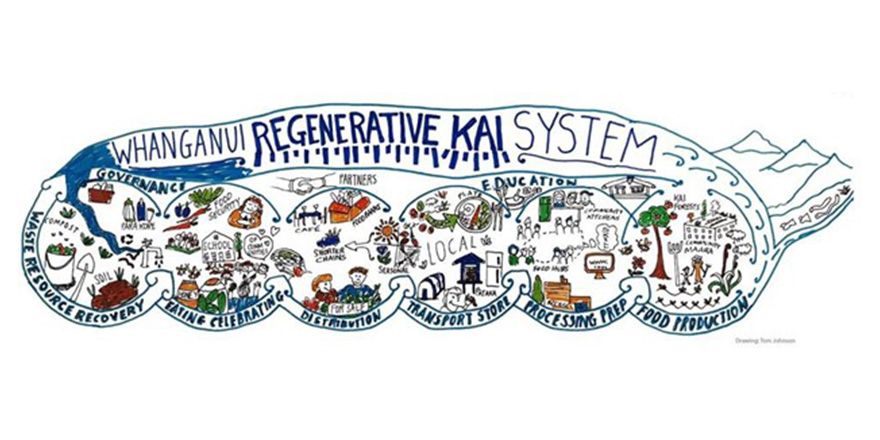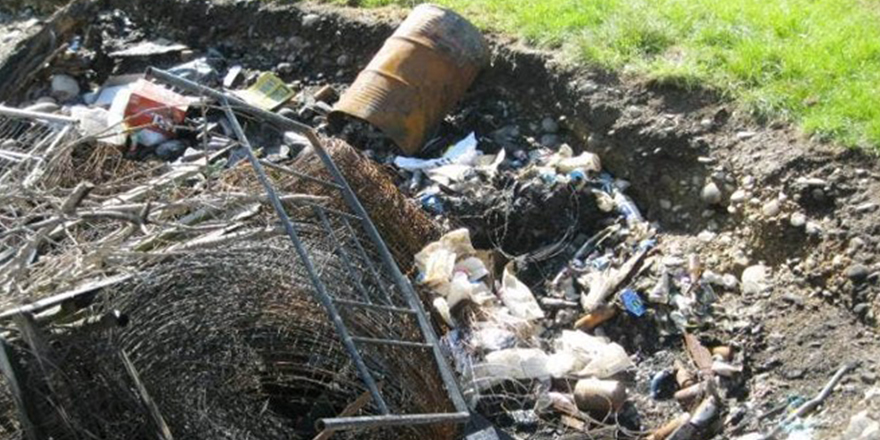
Executive Summary
This paper examines whether there is demand for a carbon neutral attribute on a red meat brand offering.
The vision for how supply criteria of this product would need to be met is modelled on milk and wool supplier criteria from added value brands. The certification of the carbon neutral status of the product would be determined by an external auditor, in this case, carboNZero administered by EnviroMark.
In order to establish demand for this product attribute, Google Trends and BuzzSumo were searched for relevant interest levels from worldwide consumers. These searches showed that little interest existed in carbon neutral food, let alone red meat products. Consumers were more likely to link red meat to climate change in a negative association, than to be seeking out products that could be carbon neutral.
Domestic, New Zealand-based demand for this type of product offering was measured using a Minimum Viable Product Approach. This researcher used a website landing page complete with email address catcher, a Facebook business page and a series of targeted Facebook and Instagram advertisements that reached over 22,000 individuals measured the response and interest from kiwi consumers. The result of this testing generated some strong emails of interest, but broadly little traction or active interest.
Finally, a literature survey was used to assess the idea of creating and marketing a carbon neutral red meat product to send offshore. Pivotal to this research was a Beef + Lamb study of consumer preferences in California, USA and Shanghai, China. Further studies had looked at the concept of carbon labelling, with the assumption that this will be widespread in the medium term. This research highlighted that while a segment of consumers are interested in buying carbon neutral or low carbon food, they may not be interested enough to spend more to buy it, and also that on its own the carbon neutral attribute does not meet enough consumer needs to be an attractive offering and needs to be combined with other attributes that consumers are demanding.
So the recommendations are for market testing to continue to overseas and domestic markets to gauge the moment that consumers are looking for this type of product offering. New Zealand needs to make sure that our companies are adopting internationally recognised standards for determining carbon neutrality. As this awareness matures, it could quickly affect our access to overseas markets.




